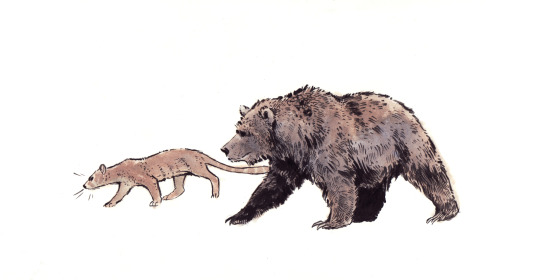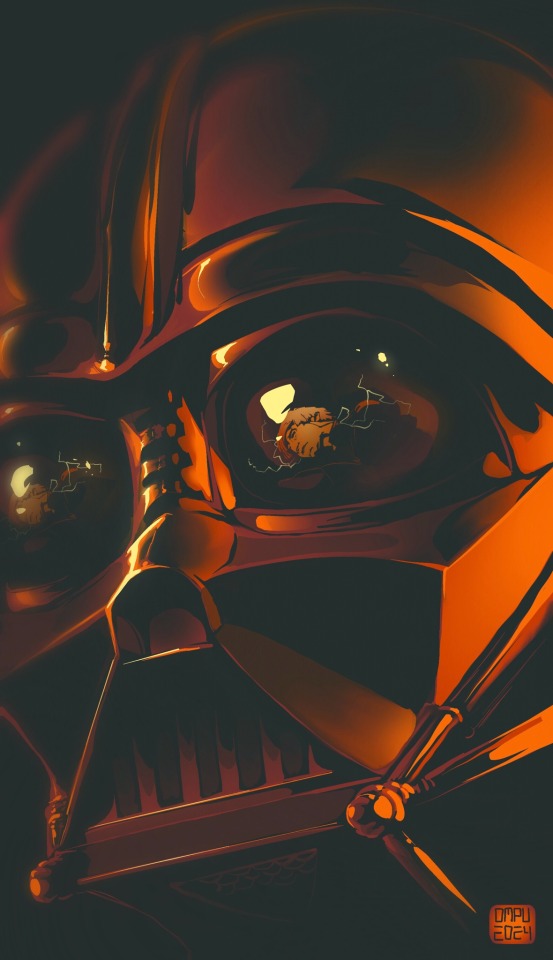Rose or Soup | adult | she/her • This is just a collection of things I find important, funny, and interesting. Mostly Dungeons & Dragons, Superman, and Star Wars at the moment • 18+ only please; I am a forgetful human who sometimes forgets to tag NSFW
Don't wanna be here? Send us removal request.
Text
babe wake up, full canon accurate and up-to-date map of the star wars galaxy just dropped
3K notes
·
View notes
Photo




Members of carnivora paired with their common ancestor, a miacid.
93K notes
·
View notes
Text
The most dramatic moment during my Camp Counseling career at an all girls camp was when a girl got a letter from a friend saying that Zac Efron had died and one of her bunkmates ran out of the cabin and shouted “ZAC EFRON IS DEAD!!!!!” and the camp immediately fell into chaos girls were crying in the middle of camp and running around spreading the news everyone was yelling and the counselors had to look up wether or not Zac Efron was dead (this is a wireless camp so the girls couldn’t access the internet and check for themselves) and then get out a megaphone and be like “ZAC EFRON IS NOT DEAD PLEASE REMAIN CALM” outside of all the cabins it was insanity.
188K notes
·
View notes
Text
In general, understanding radical feminism for what it is and why it appeals to many people requires an understanding that the greatest strength of radical feminism as a tool for understanding misogyny and sexism is also its greatest faultline.
See, radical feminism is a second wave position in feminist thought and development. It is a reaction to what we sometimes call first wave feminism, which was so focused on specific legal freedoms that we usually refer to the activists who focused on it as suffragists or suffragettes: that is, first wave feminists were thinking about explicit laws that said "women cannot do this thing, and if they try, the law of the state and of other powerful institutions will forcibly evict them." Women of that era were very focused on explicit and obvious barriers to full participation in public and civil life, because there were a lot of them: you could not vote, you could not access education, you could not be trained in certain crucial professions, you could not earn your own pay even if you decided you wanted to.
And so these activists began to try to dig into the implicit beliefs and cultural structures that served to trap women asking designated paths, even if they did wish to do other things. Why is it that woman are pressured not to go into certain high prestige fields, even if in theory no one is stopping them? How do our ideas and attitudes about sex and gender create assumptions and patterns and constrictions that leave us trapped even when the explicit chains have been removed?
The second wave of feminism, then, is what happened when the daughters of this first wave--and their opponents--looked around and said to themselves: hold on, the explicit barriers are gone. The laws that treat us as a different and lesser class of people are gone. Why doesn't it feel like I have full access to freedoms that I see the men around me enjoying? What are the unspoken laws that keep us here?
And so these activists focused on the implicit ideas that create behavioral outcomes. They looked inward to interrogate both their own beliefs and the beliefs of other people around them. They discovered many things that were real and illuminated barriers that people hadn't thought of, especially around sexual violence and rape and trauma and harassment. In particular, these activists became known for exercises like consciousness-raising, in which everyday people were encouraged to sit down and consider the ways in which their own unspoken, implicit beliefs contributed to general societal problems of sexism and misogyny.
Introspection can be so intoxicating, though, because it allows us to place ourselves at the center of the social problems that we see around us. We are all naturally a little self centered, after all. When your work is so directly tied to digging up implications and resonances from unspoken beliefs, you start getting really into drawing lines of connection from your own point of interest to other related marginalizations--and for this generation of thinkers, often people who only experienced one major marginalization got the center of attention. Compounding this is the reality that it is easier to see the impacts of marginalization when they apply directly to you, and things that apply to you seem more important.
So some of this generation of thinkers thought to themselves, hang on. Hang on. Misogyny has its fingers in so many pies that we don't see, and I can see misogyny echoing through so many other marginalizations too--homophobia especially but also racism and ableism and classism. These echoes must be because there is one central oppression that underlies all the others, and while theoretically you could have a society with no class distinctions and no race distinctions, just biologically you always have sex and gender distinctions, right? So: perhaps misogyny is the original sin of culture, the well from which all the rest of it springs. Perhaps there's really no differences in gender, only in sex, and perhaps we can reach equality if only we can figure out how to eradicate gender entirely. Perhaps misogyny is the root from which all other oppressions stem: and this group of feminists called themselves radical feminists, after that root, because radix is the Latin word for root.
Very few of this generation of thinkers, you may be unsurprised to note, actually lived under a second marginalization that was not directly entangled with sexism and gender; queerness was pretty common, but queerness is also so very hard to distinguish from gender politics anyway. It's perhaps not surprising that at this time several Black women who were interested in gender oppression became openly annoyed and frustrated by the notion that if only we can fix gender oppression, we can fix everything: they understood racism much more clearly, they were used to considering and interrogating racism and thinking deeply about it, and they thought that collapsing racism into just a facet of misogyny cheapened both things and failed to let you understand either very well. These thinkers said: no, actually, there isn't one original sin that corrupted us all, there are a host of sins humans are prone to, and hey, isn't the concept of original sin just a little bit Christianocentric anyway?
And from these thinkers we see intersectional feminists appearing. These are the third wave, and from this point much mainstream feminist throughout moves to asking: okay, so how do the intersections of misogyny make it appear differently in all these different marginalized contexts? What does misogyny do in response to racial oppression? What does it look like against this background, or that one?
But the radical feminists remained, because seeing your own problems and your own thought processes as the center of the entire world and the answer to the entire problem of justice is very seductive indeed. And they felt left behind and got quite angry about this, and cast about for ways to feel relevant without having to decenter themselves. And, well, trans women were right there, and they made such a convenient target...
That's what a TERF is.
Now you know.
8K notes
·
View notes
Text
The reason Mr Darcy is an iconic literary character whose appeal has endured for more than two centuries is not because he's somehow simultaneously both a brooding, Byronic romantic hero and a poor socially awkward shy boy who's too nervous to talk to his crush.
The reason Mr Darcy has enduring appeal is because he transforms from a rich, conceited and utterly unpleasant snob into the best version of himself after a thorough rebuke from the heroine. Instead of resenting Elizabeth when she tells him how much she dislikes him, he realises that she was correct, that he cannot stand the person he has become either. Darcy listens, learns and grows as a person following her reproach of him. For all this, he expects absolutely nothing in return for it from her. Not her love, or her approval, or her thanks. Nothing.
Mr Darcy's character arc is a beautiful example of redemption; of a man turning into the best version of himself he possibly can be out of love not just for the heroine but for his fellow human beings... because being a better person is the right thing to do.
296 notes
·
View notes
Text

vader | by federico sabbatini & marina 'mafuriah' fari
203 notes
·
View notes
Text

I Can Despair No Further / From Here Each Step is Defiance
REQUESTS / BLOG EVENT
Request from @husborth - Palette #1 - Anakin Skywalker/Darth Vader, Luke Skywalker - Death of the Cynic in Me
1K notes
·
View notes
Text


★ 【K-SUWABE】 「 darth vader / general grievous 」 ☆ ✔ republished w/permission ⊳ ⊳ follow me! insta • x • bsky
372 notes
·
View notes















